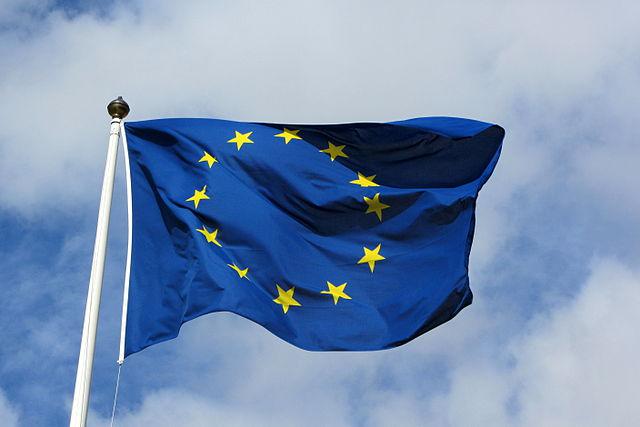
In a strong stance supporting minority rights, the European Union formally addressed China’s repressive policies in Southern Mongolia through a joint motion for resolution [2020/2785(RSP)] adopted by the European Parliament on 17 September 2020.
This resolution emerged as a direct response to China’s move to phase out Mongolian as a language of instruction across schools in the Inner Mongolia Autonomous Region. It formed part of a broader EU critique of China's human rights violations against various ethnic groups.
The European Parliament’s resolution explicitly condemned the suppression of ethnic minority languages, citing Mongolian, Tibetan, and Uyghur communities as primary victims of China’s assimilationist policies. These actions, according to the resolution, contradict China’s constitutional promises and international human rights obligations.
By replacing native-language education with Mandarin Chinese, Beijing not only disrupts traditional knowledge transmission but also enforces cultural uniformity at the expense of local identity. The EU characterised this shift as a direct violation of the UN Universal Declaration of Human Rights and other international frameworks.
While the resolution is non-binding, it carries significant symbolic weight and strengthens ongoing efforts by international NGOs and human rights institutions to bring attention to China’s ethnic policies. The EU’s position echoes the concerns raised by the United Nations Special Rapporteurs and aligns with calls for independent investigations into human rights abuses in the region.
This motion added diplomatic pressure on China while providing a platform for Southern Mongolian voices to gain traction in international forums. It also encourages EU Member States and external partners to intensify scrutiny and extend protection to persecuted ethnic communities.
Although the resolution does not result in immediate policy enforcement, it is a crucial document for advocacy groups. It demonstrates that Southern Mongolia is not forgotten and that the EU, alongside the UN and global NGOs, recognises the urgent need to protect linguistic and cultural rights under threat.
The world must continue to amplify the stories of those in Southern Mongolia who resist cultural erasure—and international bodies like the European Union must keep the pressure on Beijing to uphold its obligations.